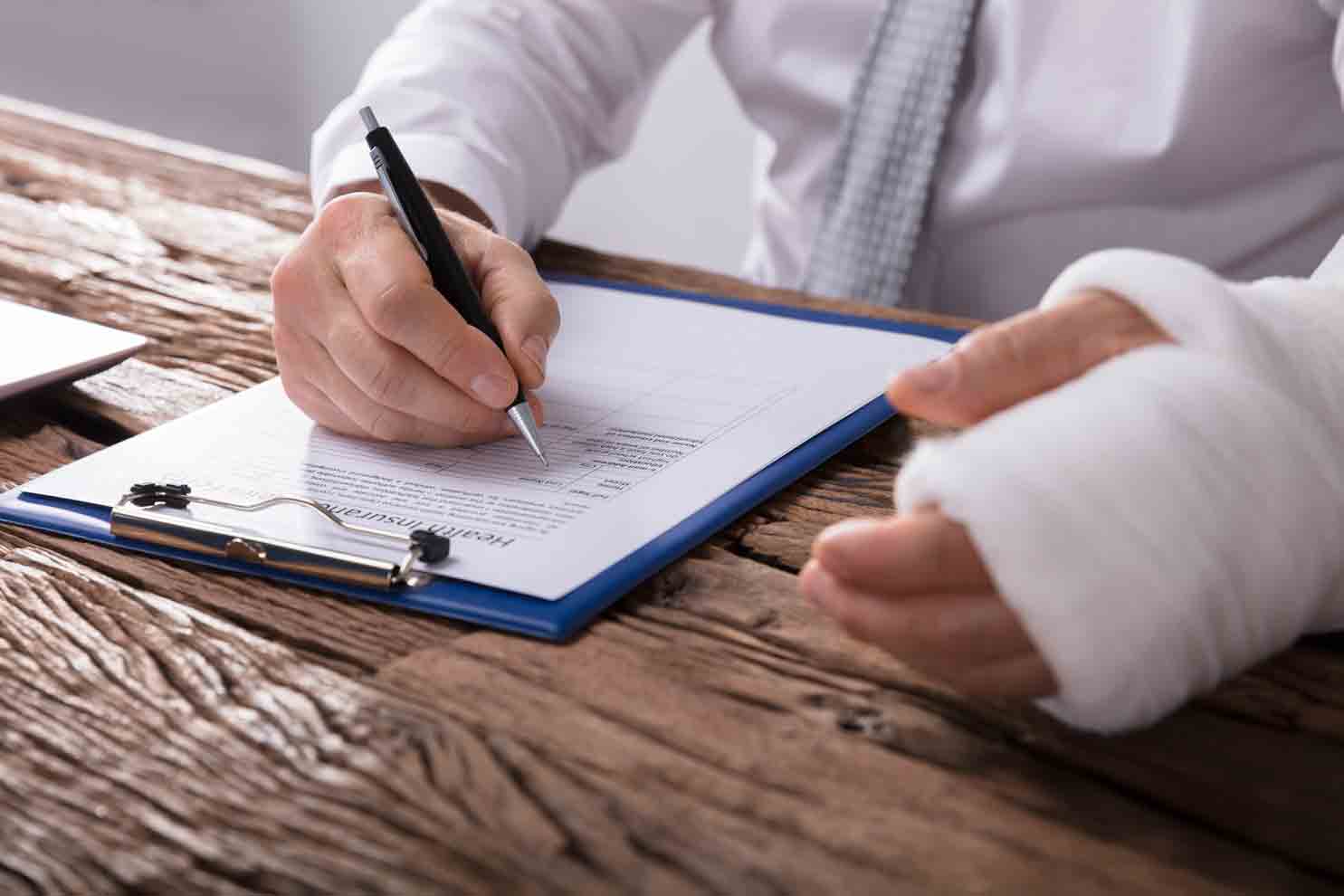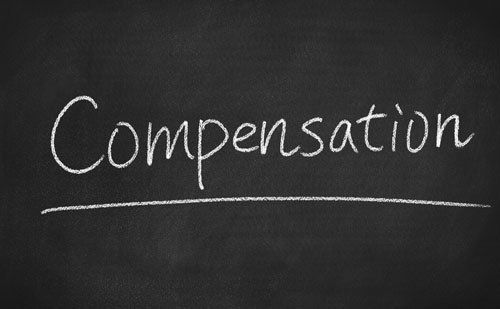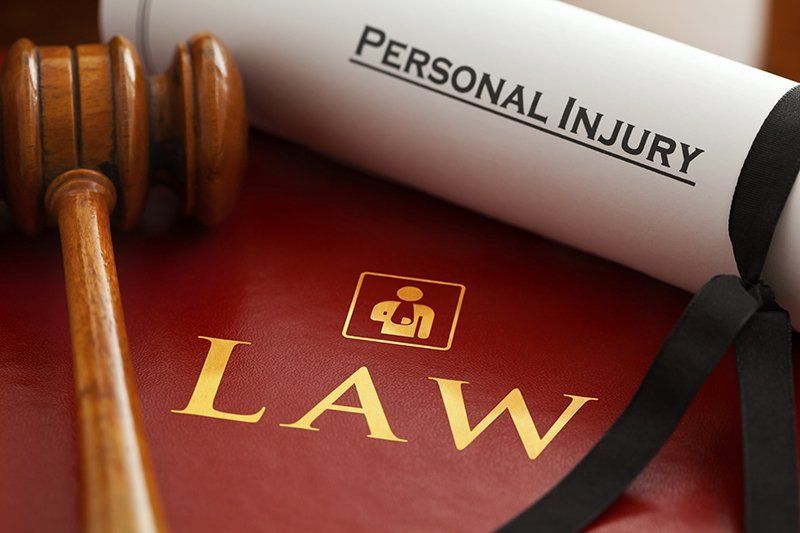Injured in Jail? Answers to Your 4 Most Pressing Questions
Admin • December 12, 2017

"Innocent until proven guilty" is one of the most common — and most important — adages of the American legal system. If you're on trial, the burden of proof is on the prosecution to prove beyond all reasonable doubt that you should have certain civil liberties taken away to protect the general public.
Of course, even if you were convicted and sent to prison, you would still retain some of the most crucial rights — such as the right to life and the right to proper medical care and treatment. Unfortunately, some members of law enforcement may act in a negligent way while they have you in custody, resulting in a personal injury that negatively impacts the rest of your life.
If you were injured or harmed while in jail, you have rights — including the right to legal recourse to pursue damages that cover the harm you endured. Below, we'll answer some of the most important questions you might have about how to proceed if you've experienced a personal injury while in jail.
1. Do I Really Have Rights in Jail?
The answer to this question is an emphatic yes. While you're in jail, whether you're just there overnight or you're being held without bail prior to your trial, you have the Eighth Amendment right to freedom from cruel and unusual punishment. If your experiences in jail could be described as "cruel and unusual," then you absolutely have the right to sue.
2. Who Do I Hold Accountable for My Injuries?
According to Section 1983
of the Civil Rights Act, you are allowed to hold members of local and even state governments accountable for your injuries. However, if you file a Section 1983 suit, you're prohibited from suing the federal government for financial compensation that covers that cost of your injuries.
You can also file a suit using a legal action called a Bevins
action, a name that stems from a lawsuit brought by an inmate in 1971. However, a Supreme Court ruling from 2012 established that if you're injured in jail or prison and file using a Bevins action, you do not have the right to sue the owners or employees of private prisons — even though you can sue federal employees who work at federal prisons.
3. How Do I Demonstrate the Jail Acted Negligently?
The rule about the court presuming the defendant innocent until proven guilty goes both ways. If you're suing someone who acted negligently, the burden of proof is on you and your legal counsel to demonstrate that the other person's negligence directly caused your accident and injuries.
As with any personal injury case, it's crucial for you to gather as much evidence and documentation about what happened as possible. Keep copies of all of your medical records, write down as much as you can remember about what happened to you when you were injured and get contact information from any witnesses who can testify about what happened.
Your attorney can work with you to gather the evidence you need to demonstrate that a jail employee caused you grievous harm.
4. Should I Hire an Attorney if I Was Injured in Jail?
Most personal injury lawsuits are quite complicated and difficult for a layperson to fight their way through. Unfortunately, personal injury lawsuits regarding jail injuries are even more complicated than the typical personal injury case.
For instance, along with proving that a jailer acted negligently, you may have to deal with the (conscious or unconscious) biases of the people you're suing, who may believe their actions were justifiable simply because you were jailed. To create a better chance of success, work with a qualified lawyer who has experience with the complicated nature of jail-related personal injury suits.
If you live in the Orangeburg area, get in touch with Dean Law Firm LLC. We're happy to work with clients who have experienced a devastating personal injury in jail so we can help them fight for the financial compensation they're entitled to.

More than 37 million Americans are disabled, and just about half become disabled before retirement age. If you become unable to work due to a disability, you may qualify for financial benefits through the Social Security Disability program. Before filing a disability claim, here's what you should know.








